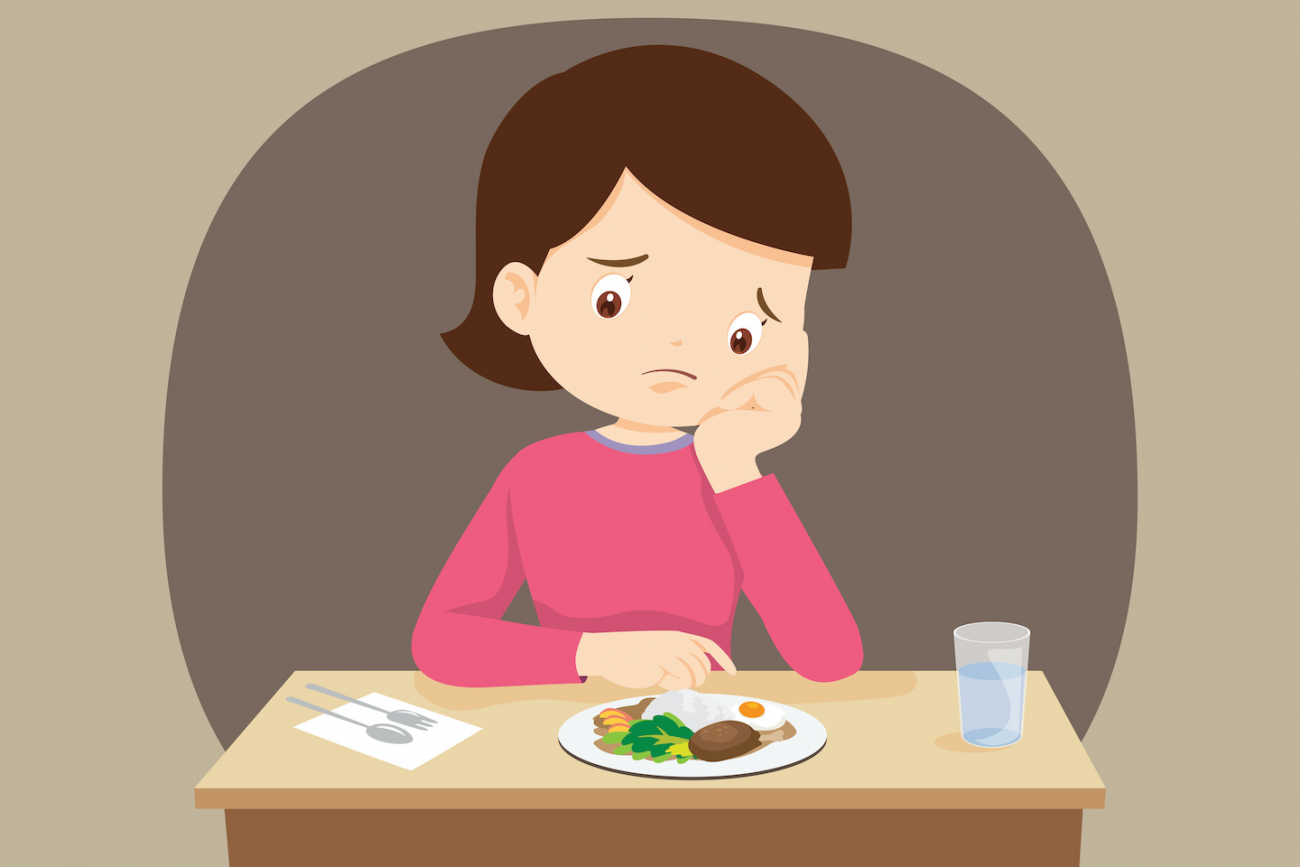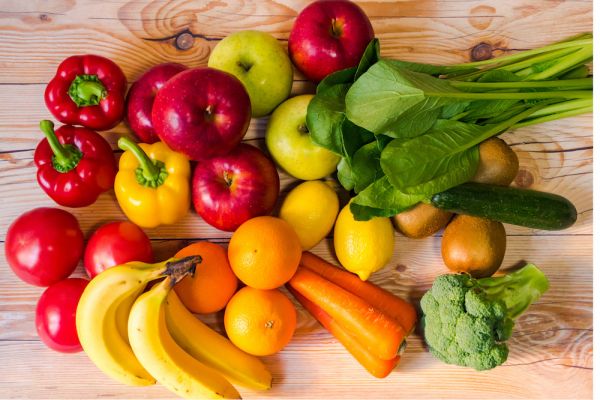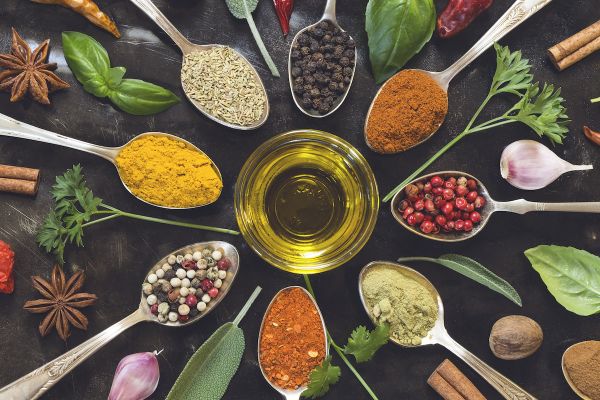During cancer treatment, you may find yourself eating less than usual due to side effects from chemotherapy or radiation. While everyone experiences different symptoms, some common nutrition-related side effects include lack of hunger, feeling full quickly, an odd sense of taste, nausea or generally feeling unwell. This may lead to unintended weight loss, which could affect the way your body tolerates treatment. That’s why, if your appetite isn’t up to par, it’s important to take steps to meet your nutritional needs.
Improving your appetite
Try some of these tips to keep your appetite on track during periods when you don’t feel hungry:
- Eat smaller amounts of food more often. Smaller meals or snacks may be more appealing, and eating every 2-3 hours may help stimulate your appetite.
- Set up an eating schedule so you’ll remember to eat even when you don’t feel hungry. It may even help to set a timer or a reminder on your phone that it’s time to have a snack!
- Combat a metallic taste by avoiding acidic foods, which may make it worse, and use plastic utensils.
- Reduce taste changes with a mouth rinse. Mix 1 cup of warm water, ¼ teaspoon salt and ¼ teaspoon baking soda. Swish a small amount in your mouth for 15 seconds and spit it out to rinse your mouth well before eating.
- Drink liquids after you eat. This will help prevent you from feeling full too quickly before or during your meals and snacks.
- Do light exercise — if you are able — 10 to 15 minutes before eating, to help stimulate your appetite.
- Avoid foods and beverages that can make you feel full quickly, such as carbonated beverages, chewing gum, greasy foods and foods high in fiber.
- Experiment with different seasonings and flavors in your food.
- Take anti-nausea medications as prescribed by your medical team.
- Talk to your medical team about medications that may help stimulate your appetite.
Have more questions?
Our nutrition team can play an important role in your care — before, during and after treatment.
Learn MoreBoosting your calories
As a temporary measure, you may also need to consider foods that contain more calories per serving, just to maintain your weight and energy level. Add extra calories to your food with some of these approaches:
- Add nut butters to meals and snacks.
- Try full-fat dairy products, as tolerated, such as full-fat milk, yogurt, cream cheese, cottage cheese and ice cream.
- Use oil, butter or cream as sources of added fats. Adding fats to meals is a good way to add more calories to your day without making you feel as if you have to eat larger portions of food. Plant-based fats — such as oils, avocado or hummus — are preferred over fats from animal sources.
- Pour on the sauce. Add gravy, sauces, salad dressing, mayonnaise or sour cream to the foods you eat.
- Add sweeteners to foods such as hot cereals, or to beverages, such as tea. Try sugar, brown sugar, maple syrup and honey.
- Drink calorie- and protein-rich liquid nutritional supplements, such as Boost Plus, Ensure Enlive and Carnation Instant Breakfast. Or make your own high-calorie shake with whole milk (or lactose-free substitute) as the base, with add-ins such as Greek yogurt, dry milk powder, ice cream, nut butters, avocado, frozen fruit, honey or chocolate syrup. (Look for more recipes in an upcoming issue of this newsletter.)
Remember that your appetite can change over time. If you have questions or concerns, ask your doctor for a referral to one of our Roswell Park Clinical Dietitians.



